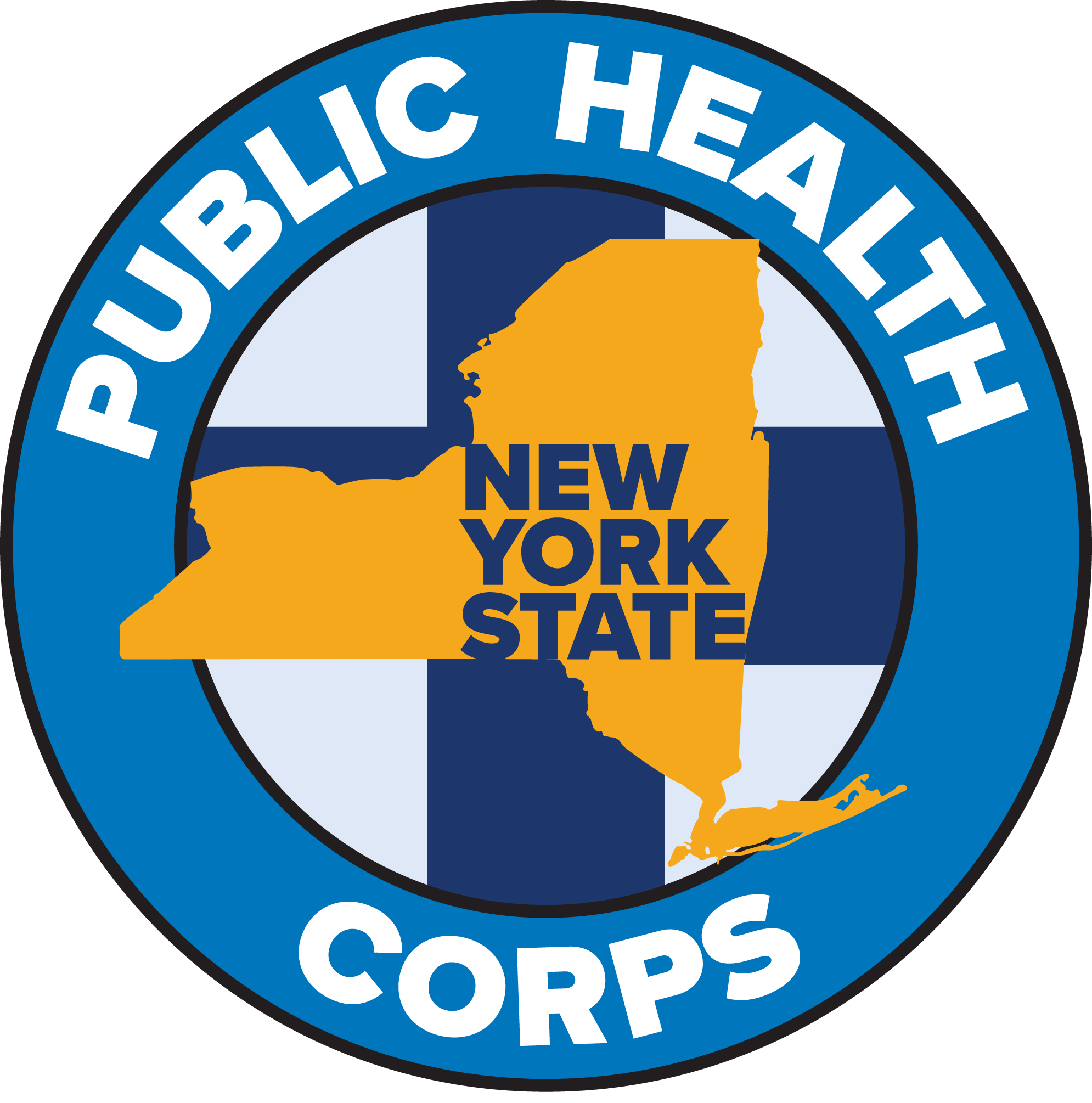Maintaining water distribution system operability during a security threat and after disasters is vital for community resilience. With 84% of the U.S. population receiving water from over 160,000 public drinking water systems; it is imperative that emergency responders return a water system back to operation quickly and with confidence that the water is safe to drink.
This presentation will discuss EPA's first-of-its-scale Water Security Test Bed (WSTB), which replicates a section of a typical municipal drinking water piping system to better understand the behavior of water systems under real-world conditions. EPA researchers are evaluating infrastructure and premise plumbing decontamination technologies, mobile emergency water treatment systems and research focused on radionuclides. The future vision for the WSTB focuses on prevention, mitigation, and quick return-to-service of distribution system operational technology hardware and software compromised by cyber-attacks. Presenters will provide an overview of site capabilities, work that has been conducted at the WSTB over the last 10 years, and the future research vision for the next decade.
About the Presenters
Jeff Szabo has worked for the EPA's Homeland Security Research Program since 2005. He conducts and manages water security research projects at EPA's Test and Evaluation Facility. These projects include online water quality monitoring research as well as examining chemical, biological, and radiological contaminant persistence on drinking water and wastewater infrastructure and evaluation of decontamination methods. He has a B.S. in Chemical Engineering and a M.S. and Ph.D. in Environmental Engineering, all from the University of Cincinnati and is a registered Professional Engineer in Ohio.
